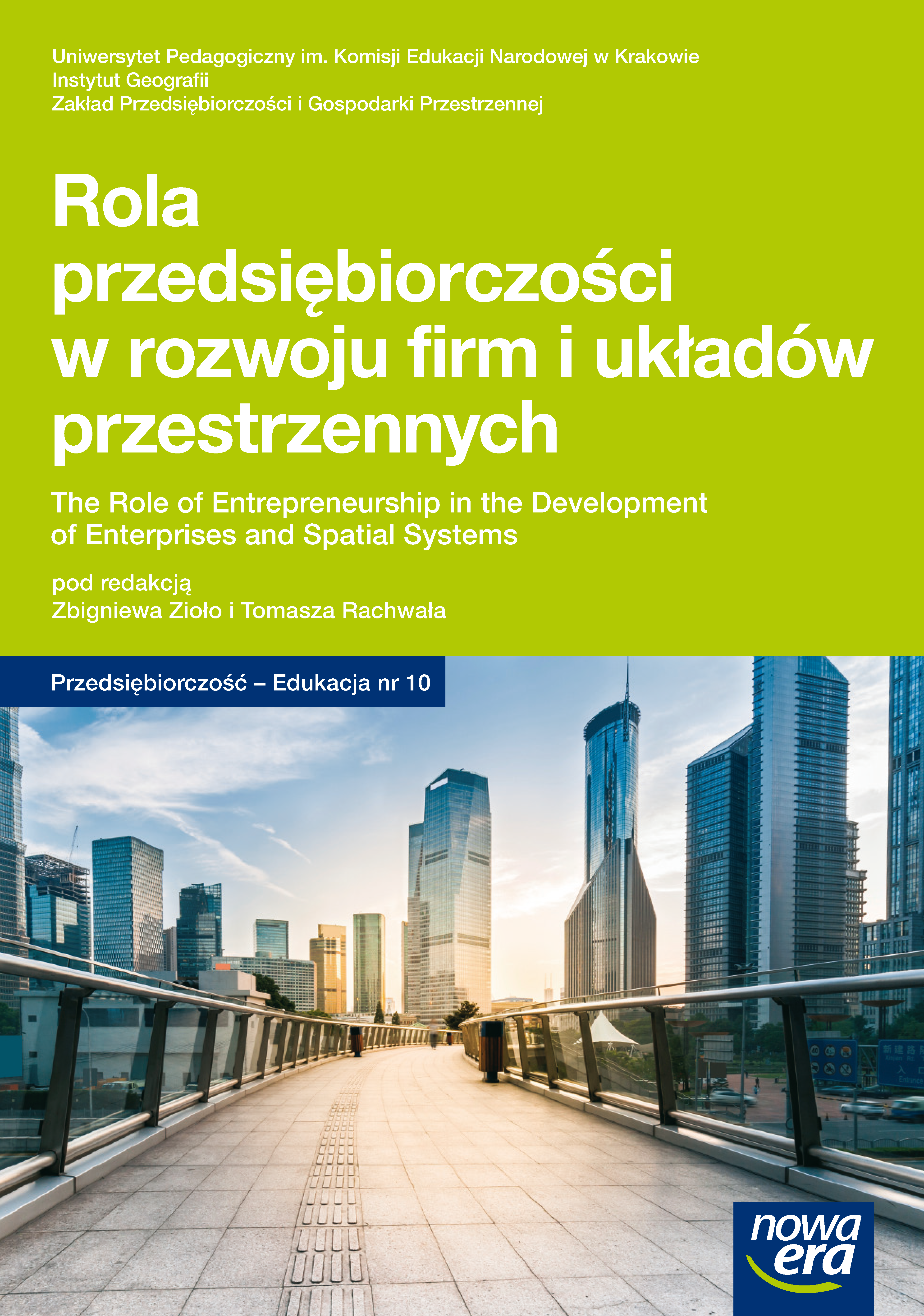Entrepreneurship of population living in selected tourist regions of Cuba
DOI:
https://doi.org/10.24917/20833296.10.12Keywords:
casas particulares, Cuba, entrepreneurship, tourismAbstract
Cuba is one of the most important regions for leisure travel in the world; it is characterized bya large level of attractiveness, both natural and man-made. It has a very good tourist management, which mostly include high-class all-inclusive hotels economically controlled by Cuban companies with a mixture of foreign and home capital. After the dissolution of USSR, Cuba was faced witha severe economical crisis which led to changes in the country's economy and governing system. Themost important of which was the approval of business activity (self employment) in the field of tourism.The main goal of the study is to attempt to specify the conditions influencing the development of the basic entrepreneurship in local communities in the areas where tourist functions advance ddifferently; the analysis was further expanded by adding classification of different forms of business activity.
References
Cervino, J., Cubillo, J.M. (2005). Hotel and tourism development in Cuba. Opportunities, management, challenges, and future trends. Cornell Hotel and Restaurant Administration Quarterly, 46(2), 223-246.
Eckstein, S. (2009). Remitances and their unintended in Cuba. World Development, 38(7). 1047-1055. DOI:10.1016/j.worlddev.2009.12.006.
Gustafsson, T. (2011). Kuba. Carlsson. Svenska.
Kederstedt, D. (2012). Stenhård konkurrens när Kuba privatiserar. Svenska dagbladet. www.svd.se/naringsliv/ nyheter/varlden/stenhard-konkurrens-nar-kuba privatiserar_7634192.svd.Published, 2012-11-04.
Mowforth, M. & Munt, I. (2009). Tourism and Sustainability, Development, Globalisation and New Tourism in the Third World 3rd Edition. Routledge. London, UK.
Núñez, G.G., Fernández, R.O. (2011). Cuba y el turismo norteamericano. Analisis de potencialidades y de impactos en la región caribeña. Cuba Futures Series. 141-199.
Page, S. (2011). Tourism management, an introduction 4th edition. Elsevier Ltd. Oxford, UK.
Pérez-López, J.F. (1995). Cuba’s Second Economy: From Behind the Scenes to Center Stage. New Brunswick, NJ: Transaction Books.
Pérez-López, J.F. (2001). Cuba’s Socialist Economy: the Mid-1990s. Cuban Communism, Tenth Edition, I.L. Horowitz, J. Suchlicki (ed.). New Brunswick: Transaction Publishers, 205-236.
Peters, P. (2002). International tourism. The new engine of the cuban economy, Lexington Institute.
Peters, P. (2012a). A Viewer’s Guide to Cuba’s Economic Reform Lexington Institute.
Peters, P. (2012b). Cuba’s Entrepreneurs: Foundation of a New Private Sector. Lexington Institute.
Pickel, A. (1998). Is Cuba Different? Regime Stability, Social Change, and the Problem of Reform Strategy. Communist and Post-Communist Studies, 31(1). 75-90.
Rettinger, R. (2012). Konkurencyjność regionów turystycznych na przykładzie Dominikany. W: M. Drgas, J. Knopek (red.), Gospodarcze problemy Ameryki Łacińskiej, seria „Biblioteka Studiów Latynoamerykańskich, t. 3. Toruń: Wydawnictwo Adam Marszałek, 221-244.
Rosendahl, M. (1997) Inside the Revolution: Everyday Life in Socialist Cuba, Ithaca, NY: Cornell University Press.
Scarpaci, J.L. (1995). The Emerging Food and Paladar Market in Havana. Cuba in Transition-Volume 5, Washington, D.C.: Association for the Study of the Cuban Economy. 74-84.
Scarpaci, J.L. (2009). Fifteen Years of Entrepeneurship in Cuba: Challenges and Opportunities. Cuba in Transition, 19, Washington D.C., 349-353.
Spadoni, P. (2003). The role of the United States in the Cuban economy. Cuba in Transition 13. Washington: Association for the Study of the Cuban Economy.
Spencer, R. (2010). Development Tourism: Lessons from Cuba. Ashgate Publishing Group. Surrey, England.
Taylor, H.L., McGlynn, L. (2009). International tourism in Cuba: Can capitalism be used to save socialism, Futures 41 Elsevier, 405-413.
Uriarte, M. (2008). Social impact of the economic measures. W: P. Brenner et al. (ed.), Reinventing the revolution: A contemporary Cuba reader. Boulder: Rowman and Littlefield. 285-292.
Downloads
Published
How to Cite
Issue
Section
License
Articles are published under the terms of the Creative Commons License (CC BY-ND 4.0; Attribution– NoDerivs).

